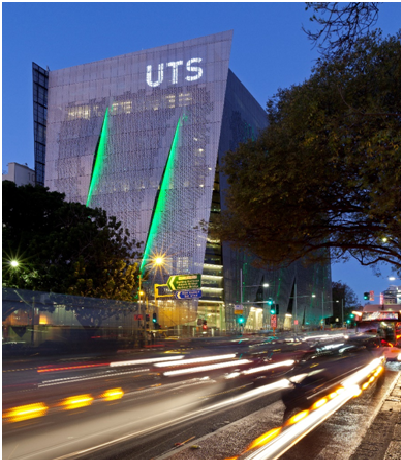
As part of their 100th anniversary celebrations, the International Labour Organization, an independent 27-member commission of leading global figures from businesses, trade unions, think tanks, government and non-governmental organisations, released their “Work for a Brighter Future” report. The report outlines the key drivers of change affecting the future of work as well as steps to be taken by governments and industry to maximise opportunities for future workers.
Emerging trends like artificial intelligence, automation and big data are changing the nature of work. As some of the more routine elements of jobs become automated, there will be an increase in the demand for high-level thinking skills in the workplace – all around the world.
The World Economic Forum’s The Future of Jobs Report 2018 predicts that the introduction of emerging technologies into the workplace will create 133 million new jobs across multiple industries. From virtual reality engineers to drone traffic managers, these potential new career paths will require a combination of technical expertise and broader “21st century skills” including creativity, critical thinking, digital skills and interpersonal communication.

In Australia, these 21st century skills are highly valued by employers. A study conducted by the Foundation for Young Australians found that employers’ needs for critical thinking skills has increased by 158% over the past three years, while demand for digital skills has increased by a staggering 212%. According to the Foundation for Young Australians, employees that possess the suite of 21st century skills earn on average an additional $8,853 per year.
Nepal is preparing its population for the careers of the future with its “Digital Nepal” strategy. As part of the strategy, the government is working towards its 2020 goal of a digital literacy rate of 75%. Nepal’s youth have already surpassed this target, with 82% of those aged 16-24 achieving digital literacy in 2017.
“Nepalese students who can enhance their existing digital strengths with a future-focused education and the remaining suite of 21st century skills will be setting themselves up for success in the workplaces of the future.”
The University of Technology Sydney (UTS) is at the forefront of key future of work trends, with strong research programs into areas such as virtual reality, artificial intelligence and wearable technologies.
UTS InsearchDean of Studies Tim Laurence says a strong and practical education, combined with 21st century skills, is key for students who want to thrive in the workplaces of the future.
“At UTS and UTS Insearch, we emphasise the importance of life-long learning skills. In addition to providing students with a strong theoretical foundation, we help them develop their teamwork, leadership and creative skills, preparing them for the challenges and opportunities of the future,” Mr Laurence said.
“UTS students are also able to interact with industry from the beginning of their degree all the way to the end. We also encourage internships to ensure students are constantly connected with industry. These interactions are essential when it comes to preparing for the future of work.”
ABOUT UTS and UTS Insearch:
The University of Technology Sydney is Australia’s number 1 young university – a dynamic and innovative university based in the heart of Sydney.
Many students choose to go to the University of Technology Sydney by enrolling in UTS Insearch where they develop the knowledge, skills and experience to succeed in their university study and beyond.
Students can select from a range of academic programs at UTS Insearch, and then fast-track into their second year of study at UTS, depending on their grades and course chosen.




